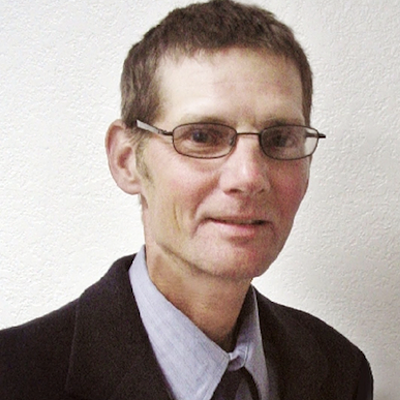Forging Tucson into a nonpartisan city is the elite, pro-annexation, business-driven Southern Arizona Leadership Council.
To market its proposals to change the city's charter the Leadership Council last April turned to University of Arizona researcher Tannis J. Salant, of the Eller College of Business and Public Administration.
The Salant study became "the basis for the leadership council's (charter change) recommendations," explained Si L. Schorr, the chairman of the governance committee of the leadership council, in a July, 9, 2000 guest opinion article in the Arizona Daily Star.
The study has been circulating around City Hall ever since April. The report consists of a cover and four pages briefly outlining the potential outcomes of the leadership council's three proposals to amend Tucson's charter. Those proposals include giving the Mayor parity as a full member of the council, expanding council wards from six to eight, and changing the city elections from a partisan system to one that is nonpartisan.
Shortly after Schorr's article appeared in the Star, several City Council members withdrew their support to place the proposed charter changes on the November, 2000 city election ballot.
It remains unclear at this writing whether the proposed changes will be placed on this November's ballot. But the push is already on. The item is on the front burner of the mayor and council's charter review subcommittee, whose members include Mayor Bob Walkup and councilmen Steve Leal (D-Ward 5) and Fred Ronstadt (R-Ward 6).
The usual process by which citizens place issues before the public is the initiative petition. When the group wishing to place an issue on the city election ballot has gathered the required number of signatures, the signatures are validated by the City Clerk and the issues are placed before the city electorate.
Thus far there hasn't been so much as a peep from either the Mayor or council suggesting the leadership council should take out initiative petitions and start gathering signatures to place their suggested charter changes on the ballot.
This is most peculiar, since only 10 of the 50 members of the elite group live the city. Nine of the leadership council's members are not even registered to vote in Pima County. One member lives in Sierra Vista and another lives in New Mexico.
With annual membership dues ranging between $2,500 and $10,000, it's not as though the leadership council couldn't pay the freight of a citywide initiative campaign. But they chose not to. Bob Johnston, the group's executive director, told the Weekly his council believes the charter changes are in the city's interest, so, after consideration of the Salant study, the Mayor and council should place these issues on the city election ballot themselves. "This is their thing," said Johnston.
Salant's one-page review of nonpartisan elections listed a brief outline of advantages and disadvantages based on her findings in academic literature, and discussions with officials of professional municipal organizations.
Salant's study of non-profit elections in certain jurisdictions concluded that nonpartisan elections may present a more progressive image, may reduce the influence of political parties on candidate selection and policy preferences, could attract better candidates, could increase the chances for the best qualified to win, and could decrease the chances for mayors to use the position as a stepping stone to higher office.
Salant lists as disadvantages that nonpartisan elections could reduce voter turnout and interest among party loyalists (but this may be offset by Tucson's ward nomination system); may decrease the visibility of local elections, potentially giving political activists more influence; could reduce the influence (resources) of national political parties in local elections; and yet may not eliminate partisanship.
Is Salant's list of advantages compelling enough for the City Council to place the proposed charter changes on the ballot? Time will tell.
Democratic Ward 2 Councilwoman Carol West acknowledges that Salant's study is somewhat abbreviated. But in Salant's defense, West says that the leadership council gave her very little time to complete her study. Then, having cut Salant some slack, West said that the council "needs to have more informational histories as to what has happened" when communities switched to nonpartisan election systems.
Jerry Anderson (D-Ward 3) told the Weekly that Salant's study begs the question, "Why the City of Tucson should consider changing to a system which could result in lower voter turnout. I just don't see how changing to a nonpartisan system of government will help us be more inclusive."
Not that many people are showing up at the polls in Arizona's largest cities. In Phoenix, the voter turnout in the 1999 mayor and council election was only 18 percent, according to Phoenix City Clerk Vicky Miel. That same year, in Tucson's September city primary, 19.16 percent of all registered voters cast their ballots.
Anderson said, "It might be a good idea, before the City Council decides to hold public hearings on the proposed charter changes, if Salant could estimate how much further Tucson's voter turnout could erode under the leadership council's plan for nonpartisan elections."











